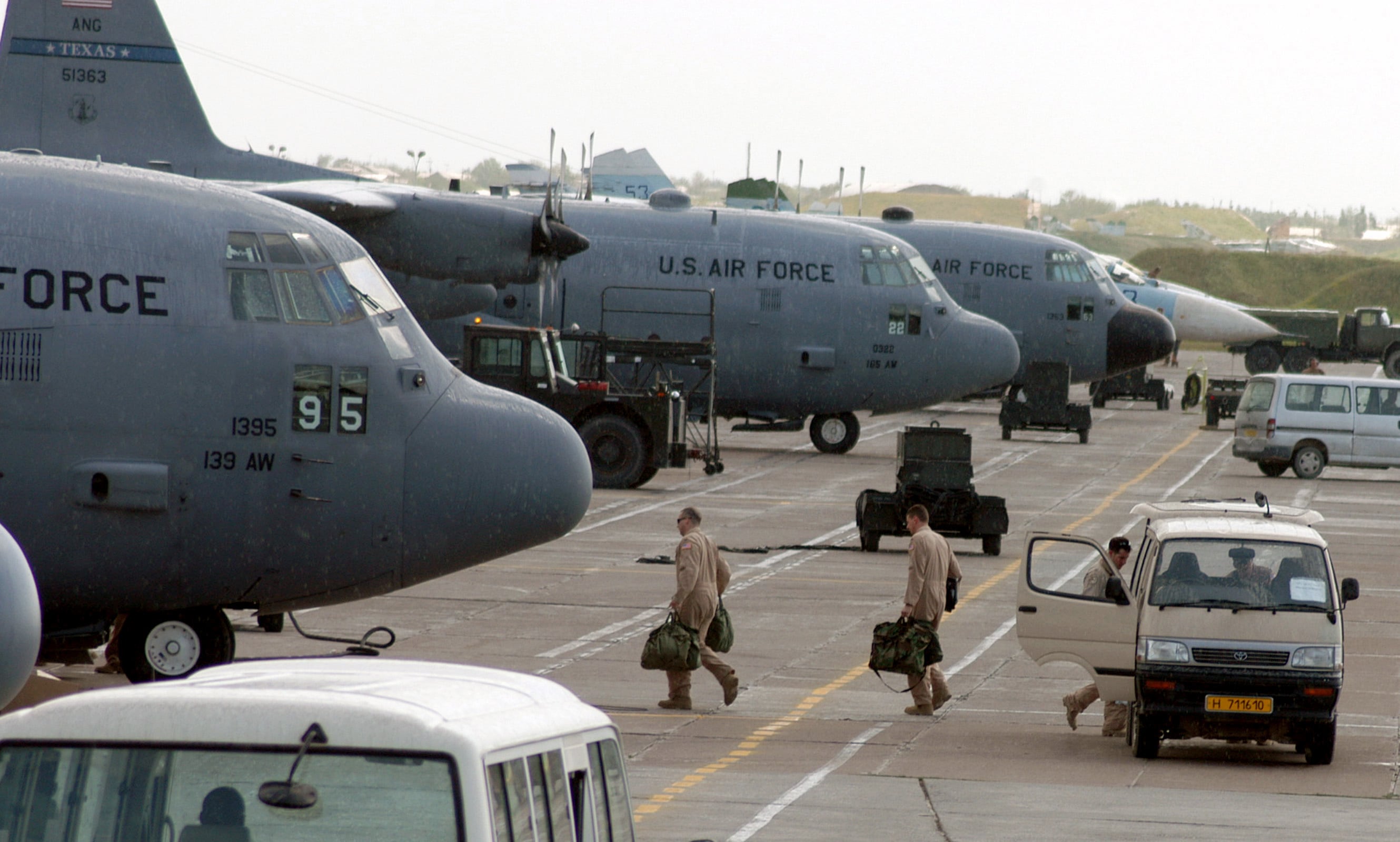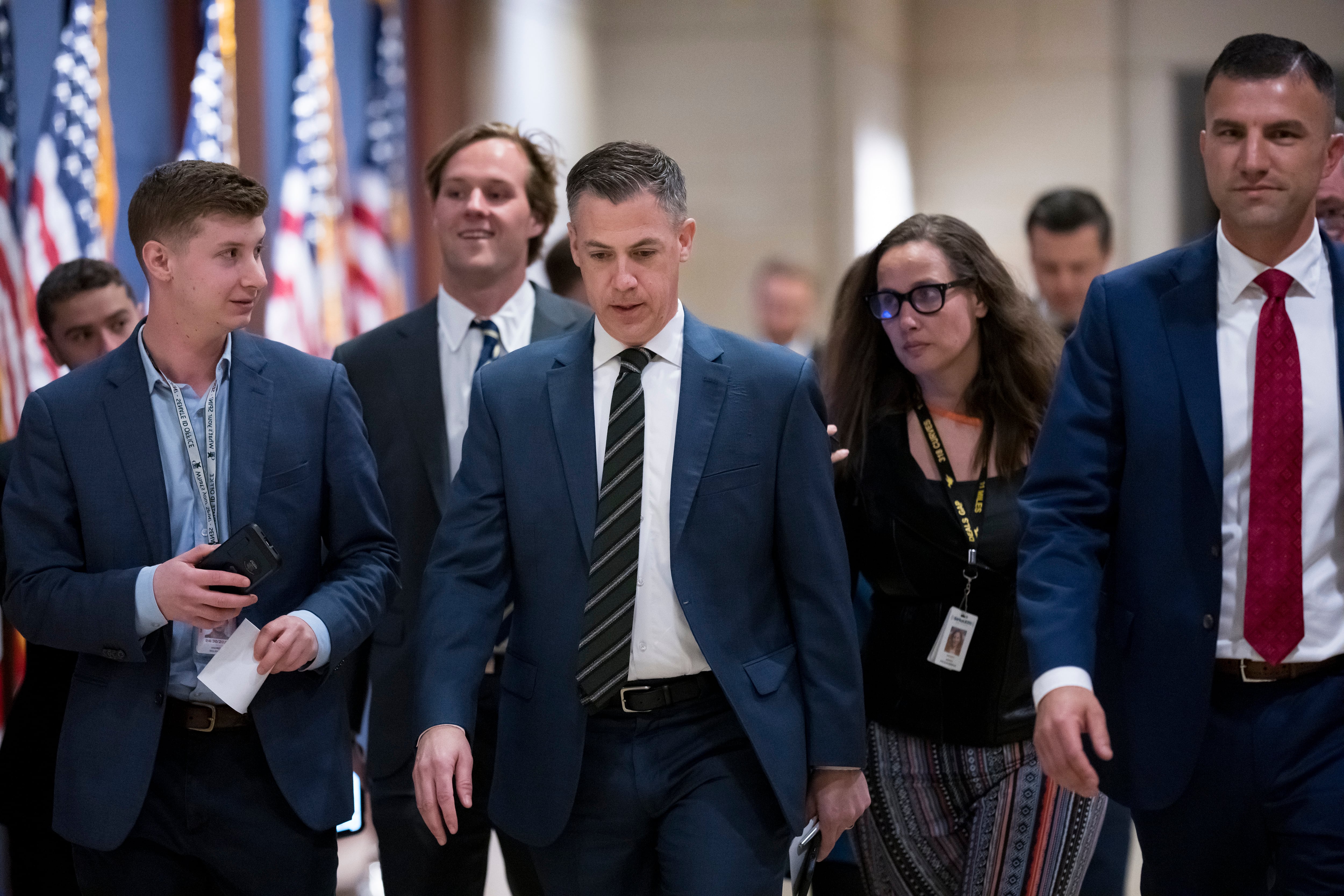The Joint Chiefs of Staff chairman called China one of the nation's greatest security threats, but from Army Medical Command's perspective, it's an ally, and one of many. To the Army, medical collaboration with China and dozens of other nations could represent key diplomatic footholds that can improve global medical care and help U.S. interests.
Outgoing Surgeon General Patricia Horoho called it "medical diplomacy" and talked about how MEDCOM's restructuring has realigned capabilities to support the Army's mission.
"During our reorganization, we talked about the regional health command; we now have a Regional Health Command-Pacific where we have a very robust global engagement within the Pacific area of responsibility," Horoho said. "Then we now have the Regional Health Command-Europe ... we are decisively engaged in the South American Countries as well."
RHC-Pacific will increase its engagement this year with China, India and Korea, according to a provided statement on behalf of RHC-P commander, Brig. Gen. Patrick Sargent. Each engagement is unique — ranging from military medical education, training, exchange programs, exercises, operations, humanitarian aid and disaster preparedness, as well as support for in-theater campaigns, including Pacific Pathways.
"These direct interactions also have the added benefit of enhancing the stability and security throughout the Pacific," RHC-P officials stated. "Each of these individual activities are part of an overall program which seeks to build relationships, partner capabilities and partner capacity."

An Army veterinarian administers a rabies vaccine to a puppy at a rescue center in Chiang Mai province, Thailand, during exercise Cobra Gold.
Photo Credit: Sgt. Rory Featherston/Army
In China, Army Medicine is "opening the door for more consistent engagements" with the world's largest military, the statement said, while noting engagements comply with law and U.S. policy. RHC-P said China, which plays a critical role in regional disaster response, wants to learn more about the Army's abilities in aeromedical evacuation, trauma surgery, nursing and combat casualty care.
In Vietnam, the Army is helping create a deployment-ready mobile hospital, as it helps that nation toward a goal of becoming a regional leader in international peacekeeping missions. A Vietnamese delegation will observe a similar U.S. capability in action at Joint Base Lewis-McChord, Washington. In turn, the Army gains an improved medical responsiveness in the region.
There are also direct interactions with civilian populations: the 65th Medical Brigade, for example, helped serve populations in remote parts of Thailand during Cobra Gold, a broader exercise between the militaries of the U.S. and Thailand.
In Europe, with its more-developed health infrastructure, most of the Army's engagements are military-to-military. Army medical personnel will spend time in more than 20 countries in the next year, from Norway to Georgia, Turkey to Estonia, according to a statement from Brig. Gen. Norvell Coots, head of RHC-Europe.
"These Soldiers will participate in exercises and theater security cooperation, furthering NATO interoperability goals and strengthening alliances," Coots' statement said. "Future wars will depend on the US Army fighting as part of the NATO/coalition. If we are going to fight together we must be medically interoperable. Medical interoperability means more lives saved and more efficient operating environments."
Coots said European militaries received Army training in combat casualty care, combat lifesaver training (including train-the-trainer) and damage control surgery.





